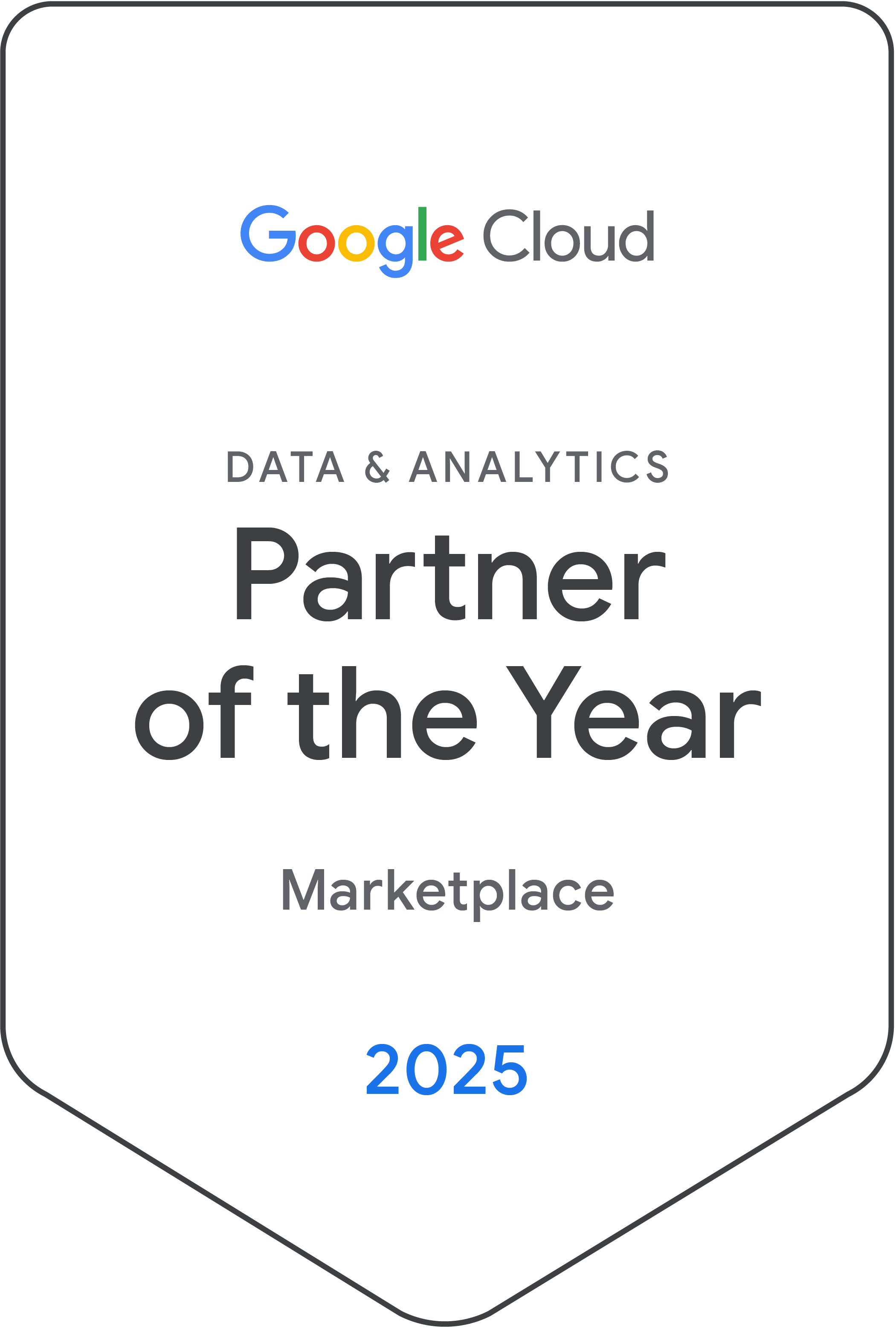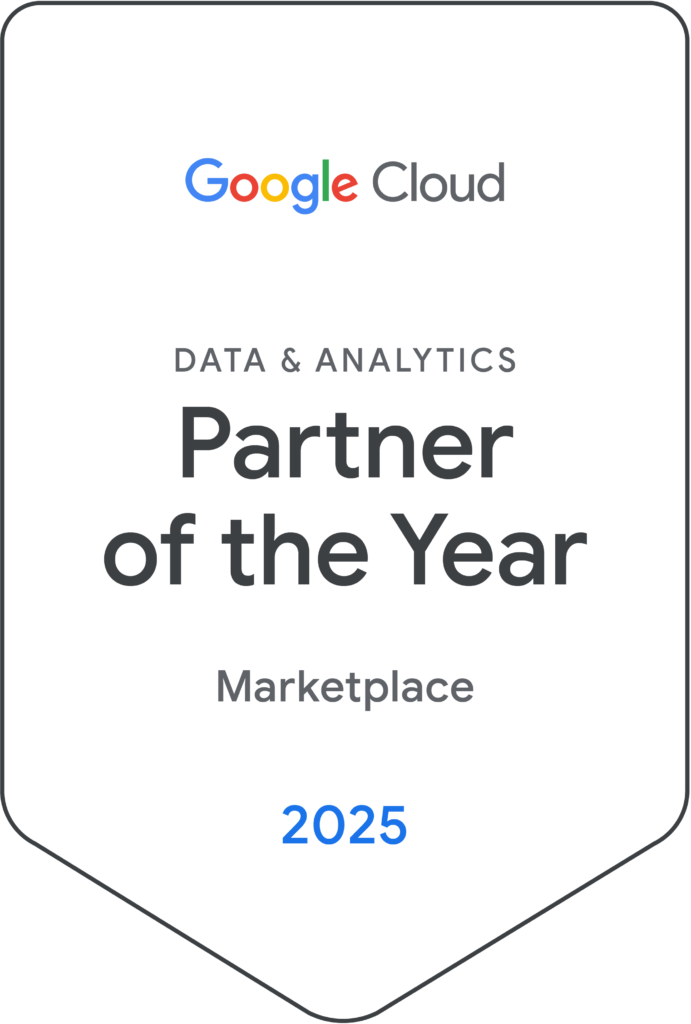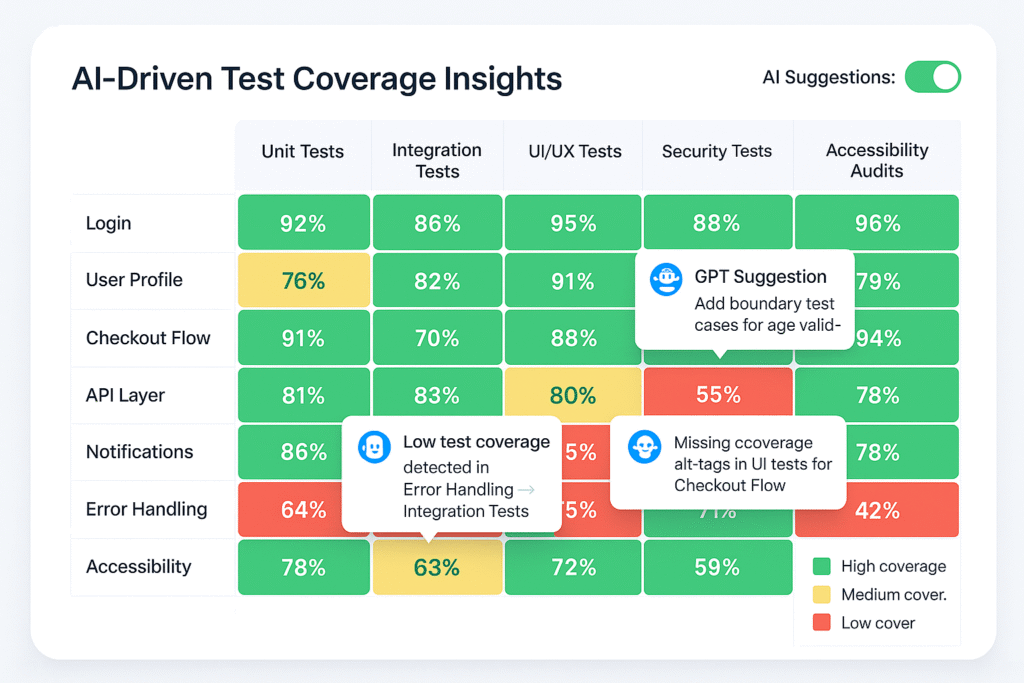At Google Cloud Next ’25, MongoDB is excited to celebrate a deepening collaboration with Google Cloud, focused on delivering cutting-edge solutions that empower developers, enterprises, and startups alike.
The event comes as MongoDB Atlas adds availability for Google Cloud regions in Mexico and South Africa, further expanding joint customers’ ability to deploy, scale, and manage their applications closer to their users while meeting local compliance and performance requirements.
MongoDB is also honored to have achieved the 2025 Google Cloud Partner of the Year for Data & Analytics – Marketplace. This award is a testament to the enterprise-scale success stories driven by our combined data and analytics solutions. It’s also MongoDB’s sixth consecutive year as a Google Cloud Partner of the Year, reflecting the relentless innovation and customer-first mindset that define MongoDB’s partnership with Google Cloud.

This is in addition to achieving the Google Cloud Ready – Regulated and Sovereignty Solutions Badge. The designation is a major milestone for MongoDB, and demonstrates our ability to deliver compliant and secure solutions that meet the highest standards for data sovereignty.
More broadly, we’ve been focused on expanding our collaboration in order to unlock new opportunities for customers to enhance developer productivity, launch AI-powered applications, and do more with their data in 2025. Read on to learn more about what we’ve been working on.
Enhancing developer productivity with gen AI
For over a decade, MongoDB and Google Cloud have established a rich track record of making it easier, faster, and more secure to build enterprise-grade applications. Our latest gen AI collaborations further this mission, simultaneously enhancing innovation and efficiency.
MongoDB is proud to be a launch partner for Google Cloud’s Gemini Code Assist. Announced in December and launching for MongoDB users this week at Google Cloud Next, our integration with Gemini Code Assist enables developers to seamlessly access the latest MongoDB documentation and code snippets within their IDEs. This innovative integration enhances developer productivity by providing immediate access to MongoDB resources, making development workflows more efficient by keeping developers ‘in the flow’ rather than having to hop in and out of the IDEs to find the information and code examples they need.
MongoDB is also expanding our presence in Project IDX, an AI-assisted development workspace for full-stack, multiplatform applications. With MongoDB templates now available in IDX, developers can quickly set up MongoDB environments without leaving their IDE, accelerating the development of generative AI applications and other cloud-based solutions. Learn more by reading this blog post from Google.
Developers building applications in Firebase can now integrate MongoDB Atlas with a few clicks. The new Firebase extension for MongoDB Atlas eliminates the need for complex query pipelines or manual data transfers, making it easier than ever to deploy and scale apps leveraging MongoDB Atlas as a vector database in Firebase. Additionally, the new MongoDB extension enables real-time synchronization between Firebase and MongoDB data, ensuring data consistency across both platforms. By combining the power of Firebase Extensions, MongoDB Atlas, and a direct MongoDB connector, developers can create innovative and data-driven applications with greater efficiency and ease.
Streamlining cloud migrations
Developers are taking advantage of the latest models and tooling to build the next wave of gen AI applications. As they do so, they’re wrangling unprecedented volumes of structured and unstructured data, and, in doing so, are facing growing requirements for application scalability and performance. As such, businesses have uncovered a newfound imperative to modernize and take advantage of cloud-native solutions that offer the highest levels of scalability and performance, as well as interoperability with their favorite tools.
MongoDB and Google Cloud have made it even easier to make the move to the cloud with Google Migration Center, a unified platform that streamlines the transition from on-premises servers to the Google Cloud environment, offering tools for discovery, assessment, and planning. Within Google Cloud Migration Center, users can now generate cost assessments and migration plans for the on-premises MongoDB instances directly in Google Cloud Migration Console, simplifying the transition to MongoDB Atlas on Google Cloud.
Specifically, users can now use integrated MongoDB cluster assessment to gain in-depth visibility into MongoDB deployments, both Community and Enterprise editions, running on your existing infrastructure. Learn more on our blog.
With the aim of making it easier and quicker to deploy to the cloud, MongoDB Atlas is now available as part of Cloud Foundation Fabric. Specifically, Atlas is available within Fabric FAST, which streamlines Google Cloud organization setup using a pre-defined enterprise-grade design and a Terraform reference implementation.
By integrating MongoDB Atlas, enterprises can enhance production readiness for applications that require persistent data, offloading database management overhead while ensuring high availability, scalability, and security. This integration complements FAST’s infrastructure automation, enabling organizations to quickly deploy robust, data-driven applications within an accelerated Google Cloud environment, reducing the time needed to establish a fully functional, enterprise-level platform. Check out the Github repository.
Optimizing analytics and archiving
Despite many organizations’ focus on modernization and generative AI, analytics and data warehousing remain essential pillars of the enterprise workflow.
Building on our existing integration with BigQuery, Google Cloud’s fully managed data warehouse, MongoDB Atlas now offers native JSON support for BigQuery, eliminating the need for complex data transformations. This enhancement significantly reduces operational costs, improves query performance, and enables businesses to analyze structured and unstructured data with greater flexibility and efficiency. The Dataflow template is now ‘Generally Available’ for MongoDB and Google Cloud customers.
A key advantage of this pipeline lies in its ability to directly leverage BigQuery’s powerful JSON functions on the MongoDB data loaded into BigQuery. This eliminates the need for a complex and time-consuming data transformation process as the JSON data within BigQuery can be queried and analyzed using standard BQML queries. Learn more about the new launch from our blog.
In a big step forward for MongoDB, Atlas now supports Data Federation and Online Archive directly on Google Cloud. With these new additions, users can effortlessly manage and archive cold data and perform federated queries across Google Cloud storage, all from within their MongoDB Atlas console. This integration provides businesses with cost-effective data management and analysis capabilities.
Upskilling for the AI era
Earlier this year, MongoDB introduced a new Skill Badges program, offering focused credentials to help learners quickly master and validate their skills with MongoDB. These badges are an excellent way for developers, database administrators, and architects to demonstrate their dedication to skill development and continuous learning. In just 60-90 minutes, participants can learn new skills, finish a short assessment, and earn a shareable digital badge through Credly. They can then display this badge on platforms like LinkedIn to highlight their accomplishments and career development.
At Google Next, attendees will have the opportunity to earn the RAG with MongoDB Skill Badge by using our self-paced Google Lab or by interacting directly with our experts in the Makerspace. This badge focuses on building Retrieval-Augmented Generation (RAG) applications, teaching participants how to integrate vector search and improve retrieval workflows to enhance apps powered by LLMs. Whether you prefer the guided support in the Makerspace or the flexibility of the self-paced lab, this hands-on experience will provide you with advanced skills that you can apply to your projects.
The bottom line is that we’ve been busy! MongoDB’s deepening collaboration with Google Cloud continues to unlock new innovations across AI, application development, and cloud infrastructure.
Stop by Booth #1240 at Google Cloud Next or join one of MongoDB’s featured sessions to explore these advancements and discover how MongoDB and Google Cloud are shaping the future of AI and data-driven applications.
Head over to our MongoDB Atlas Learning Hub to boost your MongoDB skills.
Source: Read More



